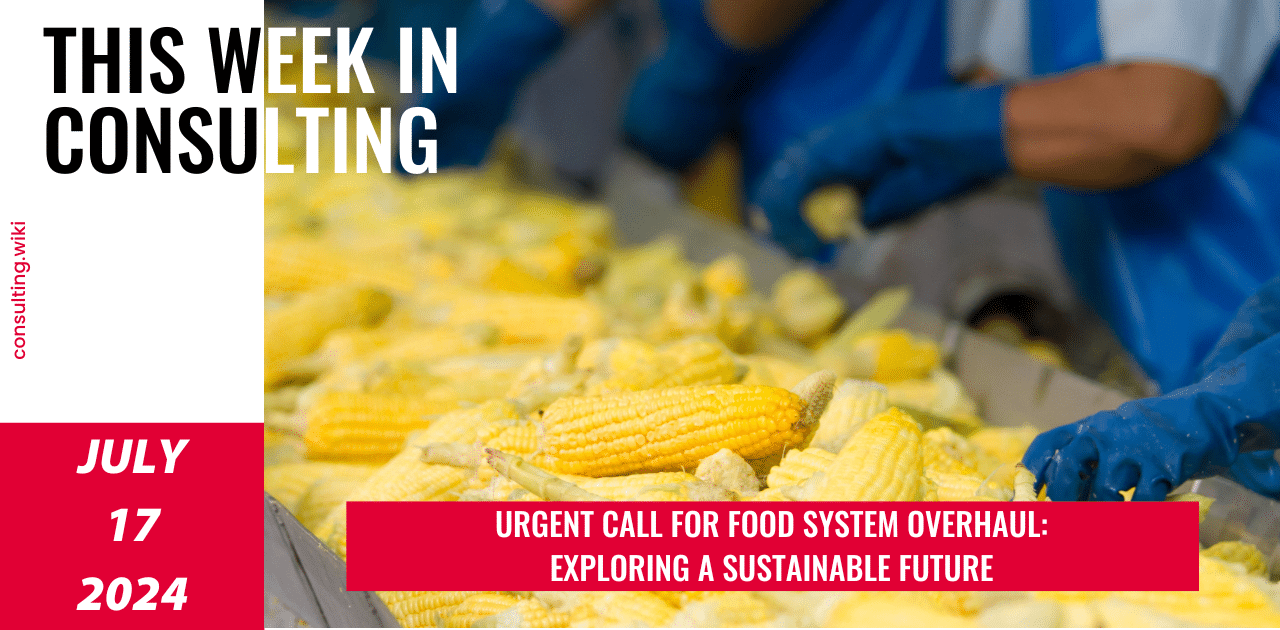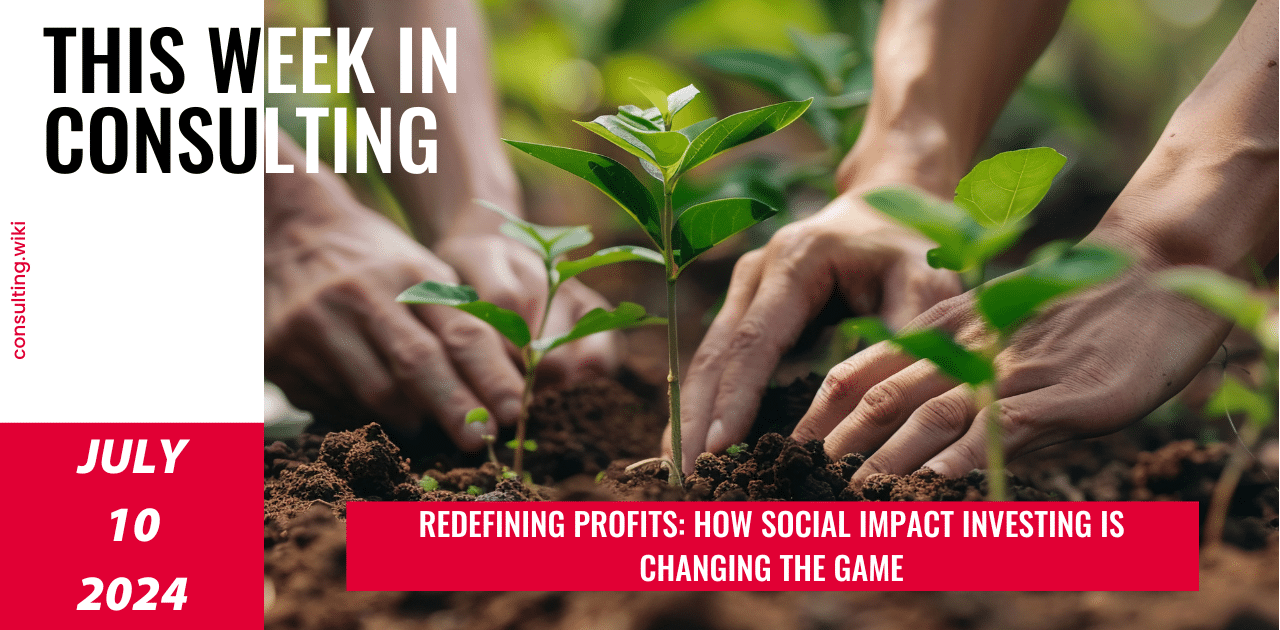
Why Focus on the Roles Within Your Team Can Ensure the Project’s Success?
“No matter what accomplishments you make, somebody helped you.” – Althea Gibson
A project usually starts with defining your Project Needs. The definition of the needs also called Requirements, is the first, and one of the most valuable steps in the process of procuring goods and services. However, the procurement requirements for goods are mainly focused on the specifications of the products. For Consulting, the background of the company, the context of the project, the scope, and the deliverables are equally important.
Measure your Performance

The whole point is to make sure the consultants have all the elements to submit a relevant proposal. Writing well-defined requirements is the cornerstone of a successful consulting project.
Unfortunately, too many companies are leaving the definition of the work in the hands of their consultants. If you have troubles sleeping, will you go directly to the store to shop for a new bed? Of course not. You would end up with the largest bed in the store with all the gadgets, but your sleeping problem might still be there, unresolved. You need first to review all the other options.
It’s somehow the same when you start defining your needs with a consultant. They will tend to paint your problem with their capabilities and experiences or to make it fit the resources they have available.
Working internally to define your problem, and identify what could be the best option is key to invite the right consultants to the discussion. It doesn’t mean that your requirements are final. You are just optimizing the chances that the project you are launching will fix the issues you are facing.
When procuring Consulting Services, the requirements are always dependent on the internal and external context of the company. Besides, the definition of what you expect and why is a key success factor for the project. It is always a good idea to formalize your requirements into an RFP, even though you don’t necessarily want or need to organize a tender.
Even before you start brainstorming ideas, and envision your ideal outcome, you need to make sure that the right people are in the room. And to build the right team.
Depending on the magnitude of the project, you can adapt the size of your team to it. However, here are a few roles that need to be included:
- Number 1 – The Project Sponsor
The Project Sponsor is the person (often a manager or an executive) that will be accountable for the project. S/he will make sure that the project delivers the expected outcomes, and will champion the project to “sell” it within the project team and the organization. S/He will also be the chair of the Steering Committee.
The Project Sponsor has the right authority and decision-making power to lead the project effectively. S/he is also directly impacted by the project outcomes.
Usually, the project sponsor owns the budget. However, in some companies, consulting budgets are centralized under the CEO, Finance, or Strategy. In this case, you might want to invite the budget owner to the party as well
- Number 2 – The Project Manager
The Project Manager is the person that has the daily accountability of the project. S/he will guide the consultants and make sure they work under the right conditions with the teams and deliver the expected results in time.
S/he is very often part of the Project Sponsor Team and is impacted directly by the project
- Number 3 – The Procurement Leader
Unless you are working on a very small project and you have already a list of potential provides handy, you want to have someone from Procurement in the room. Sourcing the right candidates can take some time, and it is sometimes useful to start early in the process.
Besides, procurement managers are experts in defining needs and preparing bids, while it is rarely the case for the rest of the organization. They can facilitate your work and guide you through the process.
Many companies, however, don’t have the critical mass to have someone dedicated to consulting procurement. In that case, you can include in your team the person in charge of indirect procurement or the Head of Purchasing.
- Number 4 – The Main Stakeholders
We mentioned that the project sponsor and the project manager are often part of the same team. However, their department might not be the only one impacted by the project. Ask yourself if you should expect a strong impact on or a profound change in interfaces with another part of the organization. If that’s the case, it can be a good idea to involve them at the requirements stage.
If your project is very large, like a Company-wide Transformation project, you might also want to involve Finance and Strategy, to make sure that it is aligned with the overall strategy.
When you have the right team at work, you can start brainstorming.
Ready to get started on your next project?
Need a fresh point of view? We will be happy to help.
Please give us a call today, at no obligation to you.
Hélène Laffitte is the CEO of Consulting Quest, a Global Performance-Driven Consulting Platform and author of “Smart Consulting Sourcing”, a step by step guide to getting the best ROI from your consulting. With a blend of experience in Procurement and Consulting, Hélène is passionate about helping Companies create more value through Consulting.




